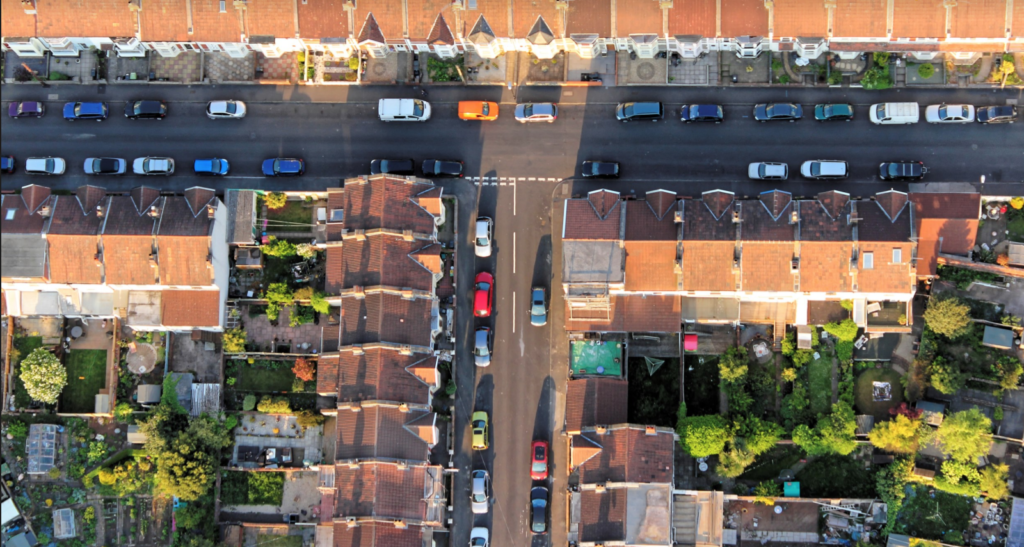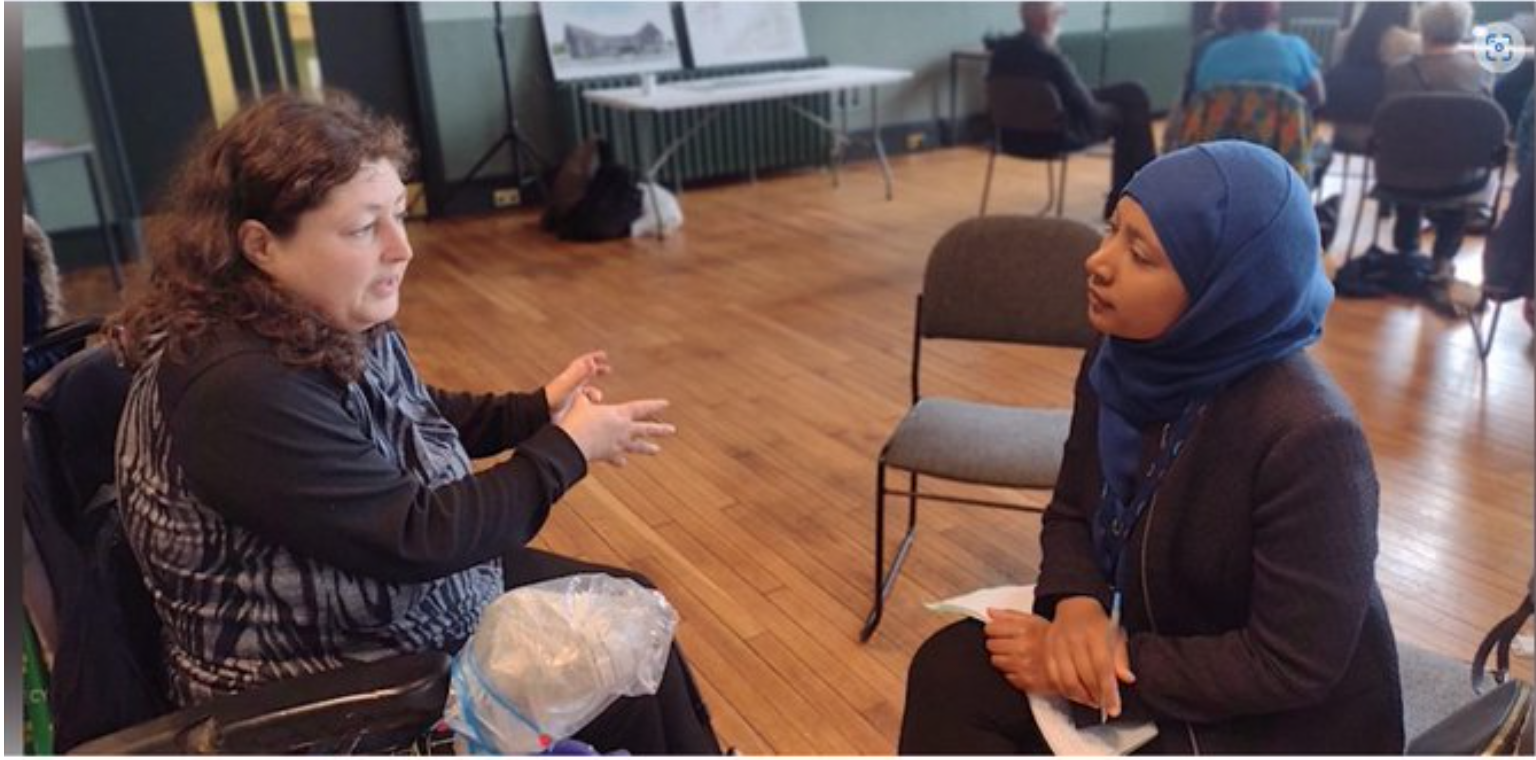By Greater Manchester Against Evictions
Today the eviction ban that was brought in as the pandemic broke in March, finally ended. Initially brought in for 3 months, it was extended twice due to pressure from the organised renters movement.
In the last month, the government has used the time to make some changes to the evictions process, which all renters should be aware of. Those changes are outlined below.
All new eviction notices (served after 29th August 2020), both Section 21 and Section 8 rent arrears (including ground 8 - over 2 months of arrears) now have a notice period of 6 months. If arrears are over 6 months however, then the notice period is only four weeks.
This means that anyone served a notice, unless their arrears are 6 months or more, should have more time to reach a settlement with the landlord, find alternative accommodation or apply to the discretionary housing fund for support.
Those possession claims by landlords issued before the 3rd August 2020 require a ‘reactivation notice’ in the courts which will have to contact details of what the landlord knows about how Covid-19 has affected the Tenant or dependents. For those possession claims issues between 3rd and 29th August, the court will contact both the landlord and tenant for a review hearing, where the court will either move to a facilitated negotiation between landlord and tenants (in order to reach an agreement) or move to a substantive hearing, where an eviction notice may be issued.
The upshot of all this is that the process has been substantially slowed down. Extra paperwork for landlords put tenants in a better position, with their case taking its time to work through the courts.
What does this all mean?
We believe that the government's strategy is to ‘flatten the curve’ of evictions, by kicking the can down the road. Because of the changes above, a tsunami of evictions before Christmas is unlikely. However, by March next year any preventative effect will have been lost, and we can expect to see a sharp rise in evictions.
Our advice remains the same: if you receive an eviction notice, stay put, check the notice, and reach out. We are organising eviction resistance and member solidarity teams. We know the law isn’t written for us — and we are prepared to fight for everyone's right to a secure home during these unprecedented times.
These changes do nothing substantive to address the basic point that hundreds of thousands have lost income due to the pandemic, and will be unable to meet the rent. For a true solution, we need an extension of the eviction ban well into next year and, essentially, the government must work to cancel accrued rent debt.
Greater Manchester Against Evictions are a coalition of organisations fighting to prevent an evictions crisis in our city-region, including the Greater Manchester Law Centre and Tenants Union UK.
21 September 2020





